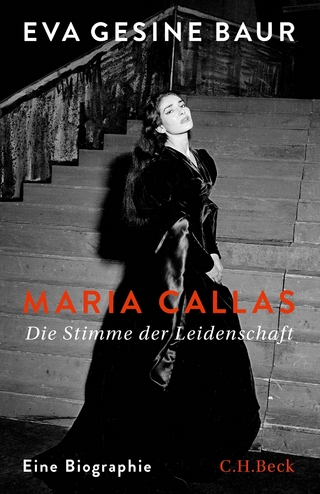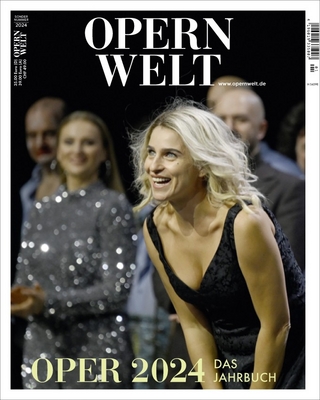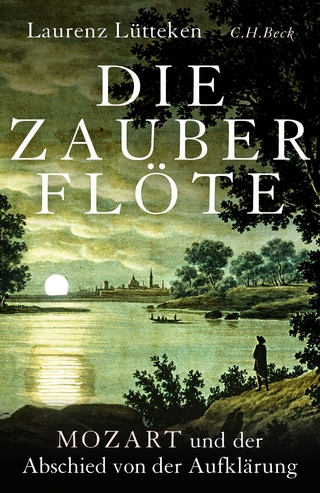
Ideology in Britten's Operas
Seiten
2020
Cambridge University Press (Verlag)
978-1-108-40287-3 (ISBN)
Cambridge University Press (Verlag)
978-1-108-40287-3 (ISBN)
This thematic examination of Britten's operas focuses on the way that ideology is presented on stage. As well as being a record of the ideological world of mid-twentieth-century Britain, these operas continue to diagnose problems in our own time. This book argues that it is timely - if uncomfortable - for current audiences to re-address his music.
This thematic examination of Britten's operas focuses on the way that ideology is presented on stage. To watch or listen is to engage with a vivid artistic testament to the ideological world of mid-twentieth-century Britain. But it is more than that, too, because in many ways Britten's operas continue to proffer a diagnosis of certain unresolved problems in our own time. Only rarely, as in Peter Grimes, which shows the violence inherent in all forms of social and psychological identification, does Britten unmistakably call into question fundamental precepts of his contemporary ideology. This has not, however, prevented some writers from romanticizing Britten as a quiet revolutionary. This book argues, in contrast, that his operas, and some interpretations of them, have obscured a greater social and philosophical complicity that it is timely - if at the same time uncomfortable - for his early twenty-first-century audiences to address.
This thematic examination of Britten's operas focuses on the way that ideology is presented on stage. To watch or listen is to engage with a vivid artistic testament to the ideological world of mid-twentieth-century Britain. But it is more than that, too, because in many ways Britten's operas continue to proffer a diagnosis of certain unresolved problems in our own time. Only rarely, as in Peter Grimes, which shows the violence inherent in all forms of social and psychological identification, does Britten unmistakably call into question fundamental precepts of his contemporary ideology. This has not, however, prevented some writers from romanticizing Britten as a quiet revolutionary. This book argues, in contrast, that his operas, and some interpretations of them, have obscured a greater social and philosophical complicity that it is timely - if at the same time uncomfortable - for his early twenty-first-century audiences to address.
J. P. E. Harper-Scott is Professor of Music History and Theory at Royal Holloway, University of London. He has published extensively on music of the nineteenth and twentieth centuries, with a particular focus on twentieth-century British music.
Part I. Mappa Mundi: 1. Defining ideology; 2. Ideological narratives; Part II. The Ship of State: 3. From manifest violence to its historical sediment; 4. The occultation of history; Part III. New World: 5. Women and children; 6. A shadow falls on castle walls.
| Erscheinungsdatum | 21.10.2020 |
|---|---|
| Reihe/Serie | Music since 1900 |
| Zusatzinfo | Worked examples or Exercises; 19 Printed music items; 17 Halftones, black and white |
| Verlagsort | Cambridge |
| Sprache | englisch |
| Maße | 170 x 245 mm |
| Gewicht | 610 g |
| Themenwelt | Kunst / Musik / Theater ► Musik ► Klassik / Oper / Musical |
| Kunst / Musik / Theater ► Musik ► Musiktheorie / Musiklehre | |
| ISBN-10 | 1-108-40287-9 / 1108402879 |
| ISBN-13 | 978-1-108-40287-3 / 9781108402873 |
| Zustand | Neuware |
| Informationen gemäß Produktsicherheitsverordnung (GPSR) | |
| Haben Sie eine Frage zum Produkt? |
Mehr entdecken
aus dem Bereich
aus dem Bereich
Mozart und der Abschied von der Aufklärung
Buch | Hardcover (2024)
C.H.Beck (Verlag)
28,00 €


